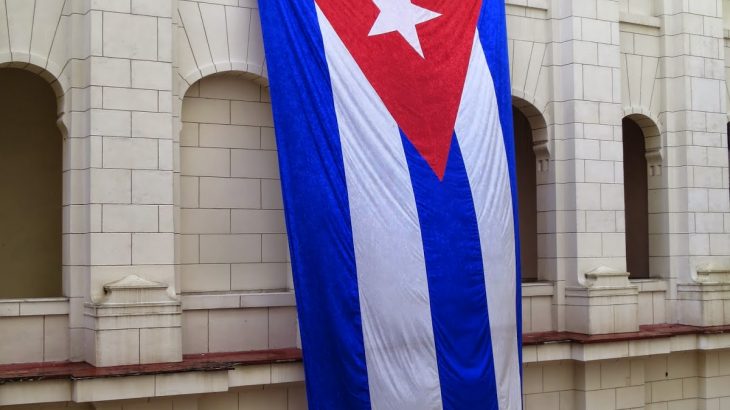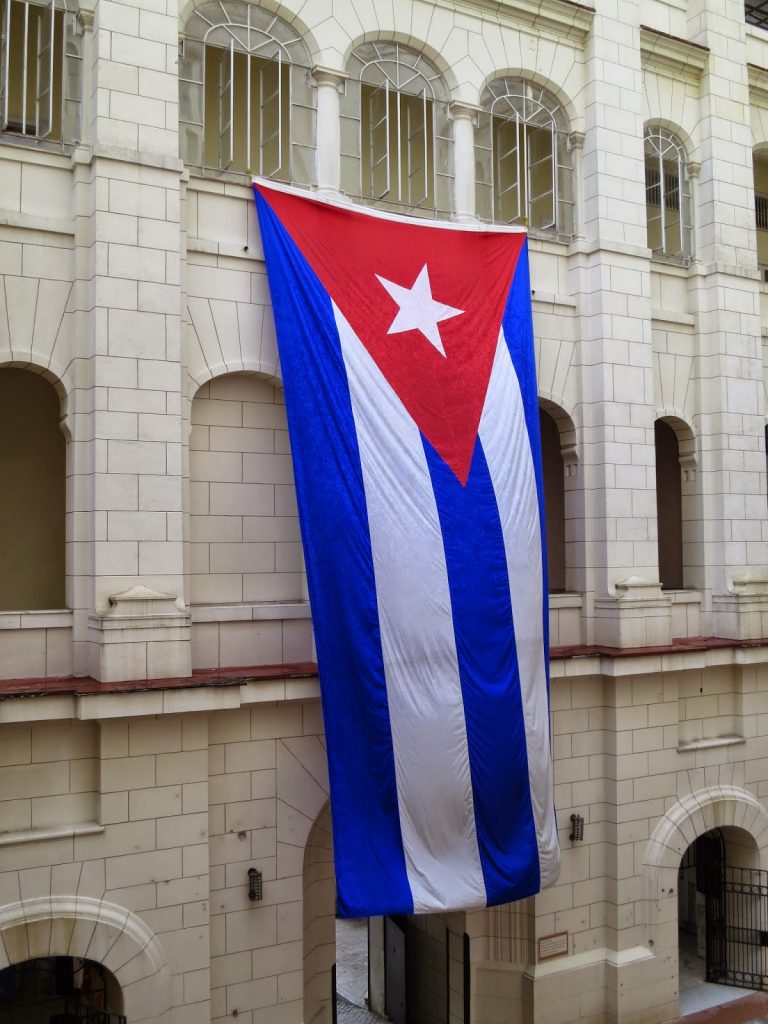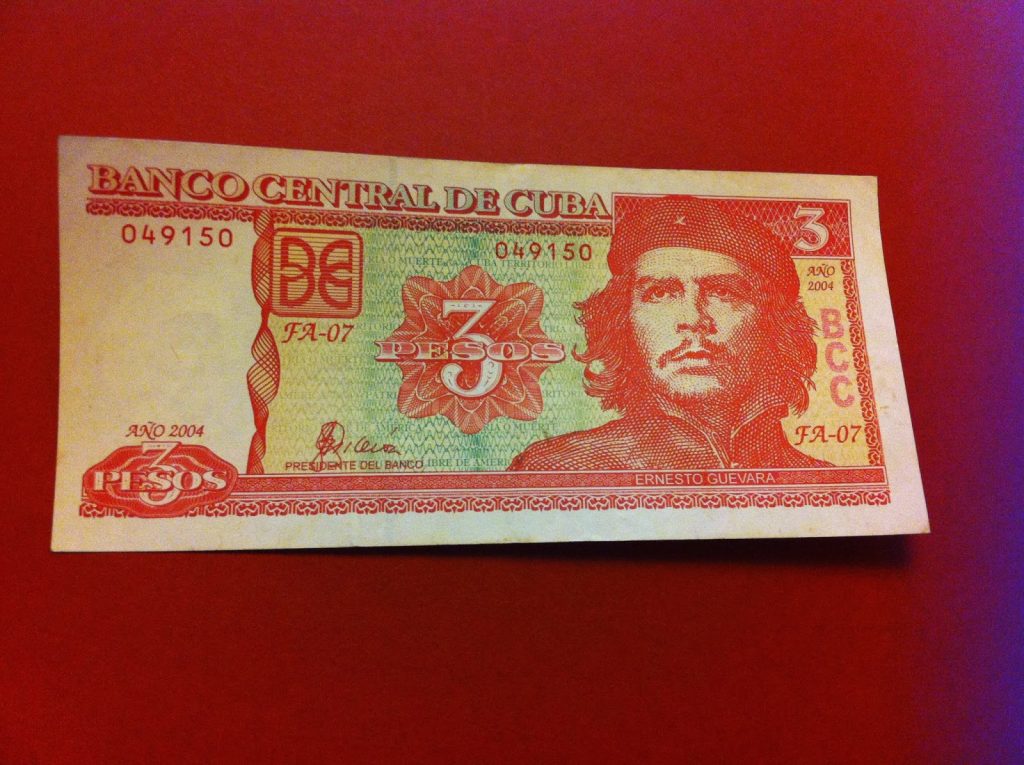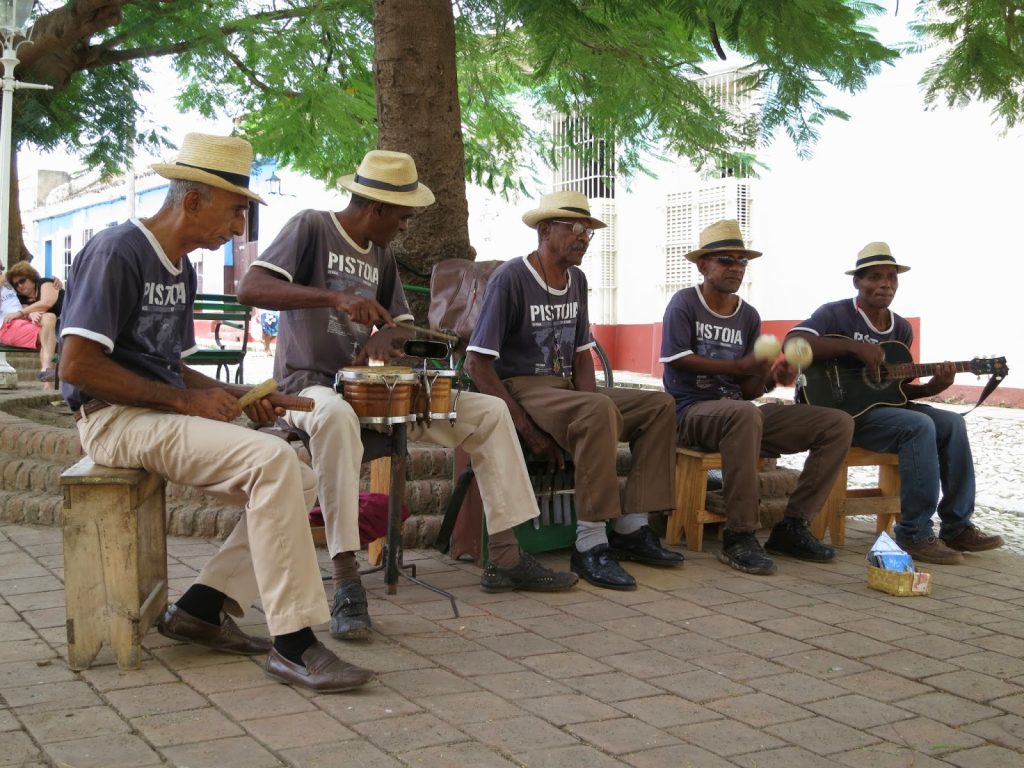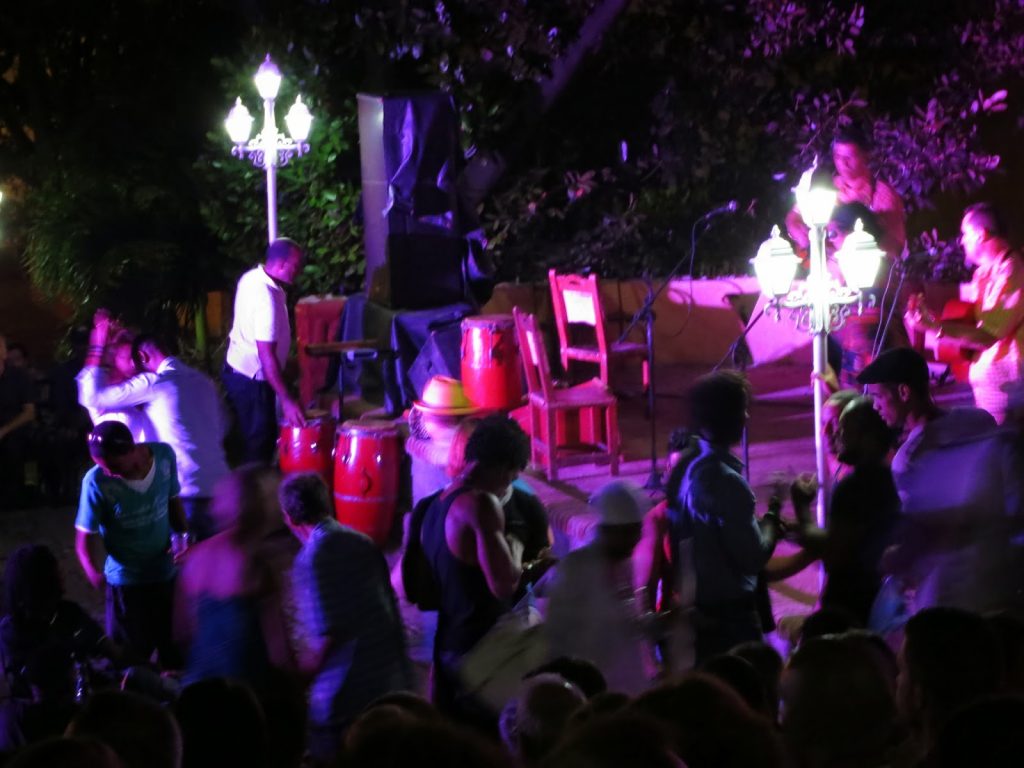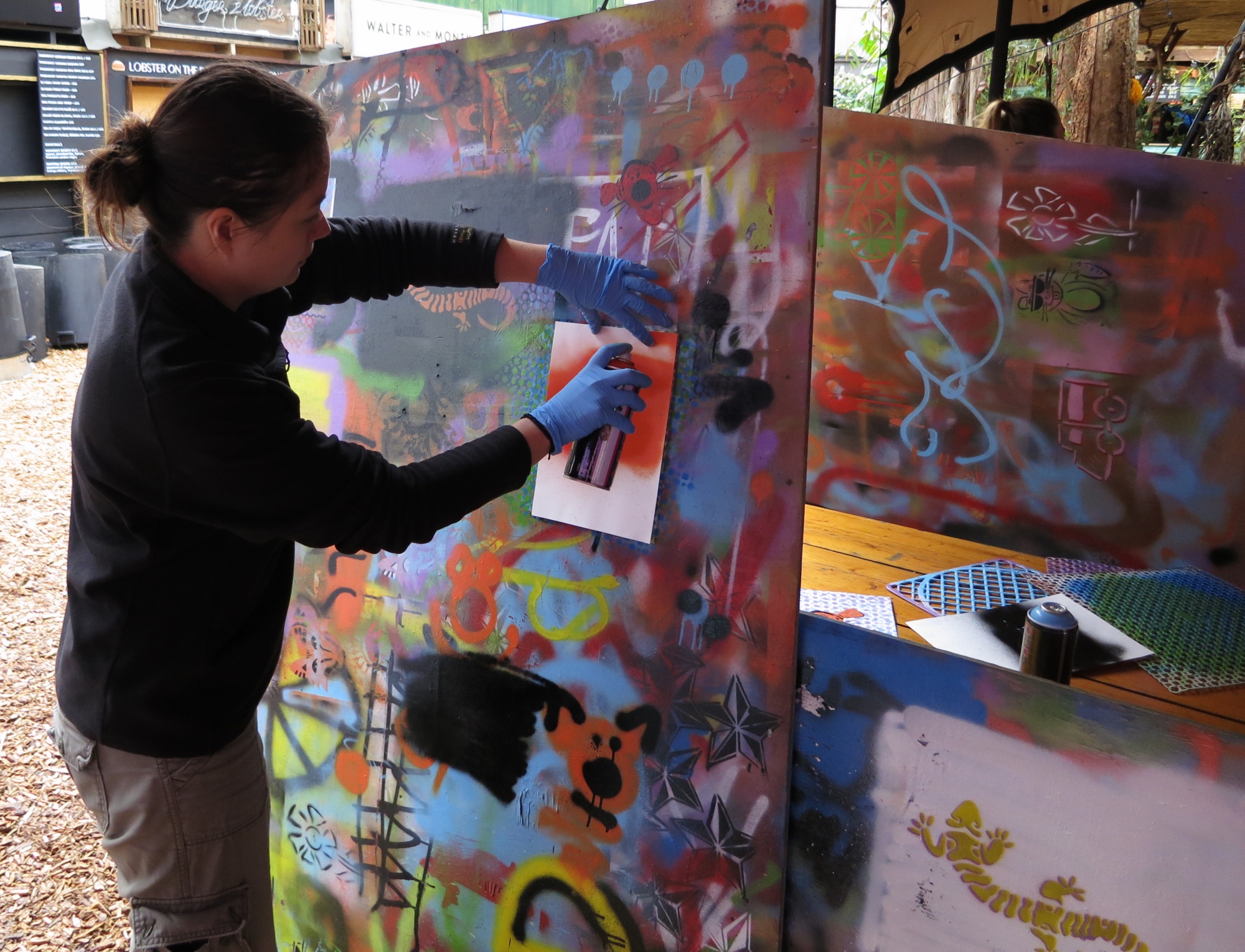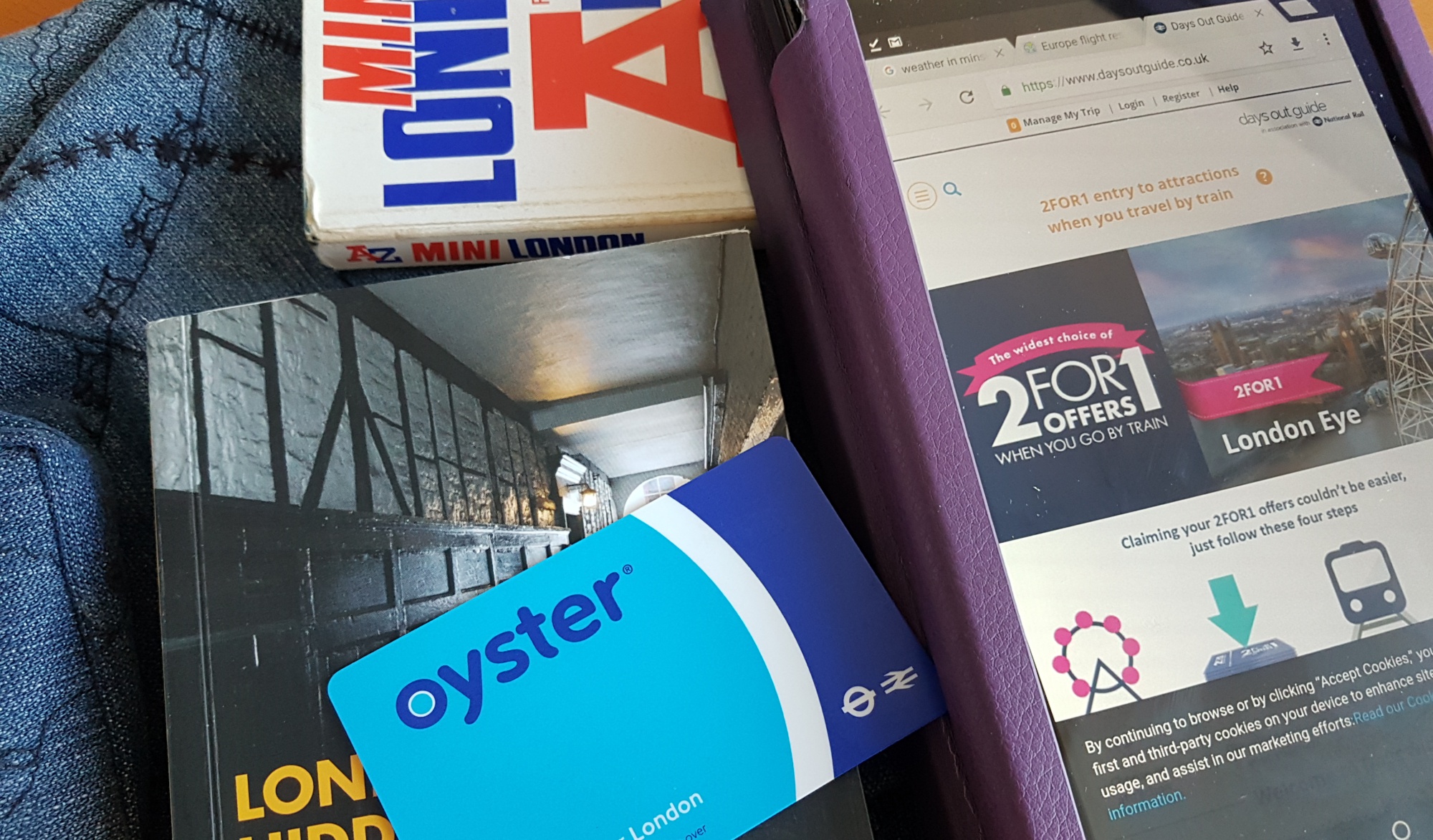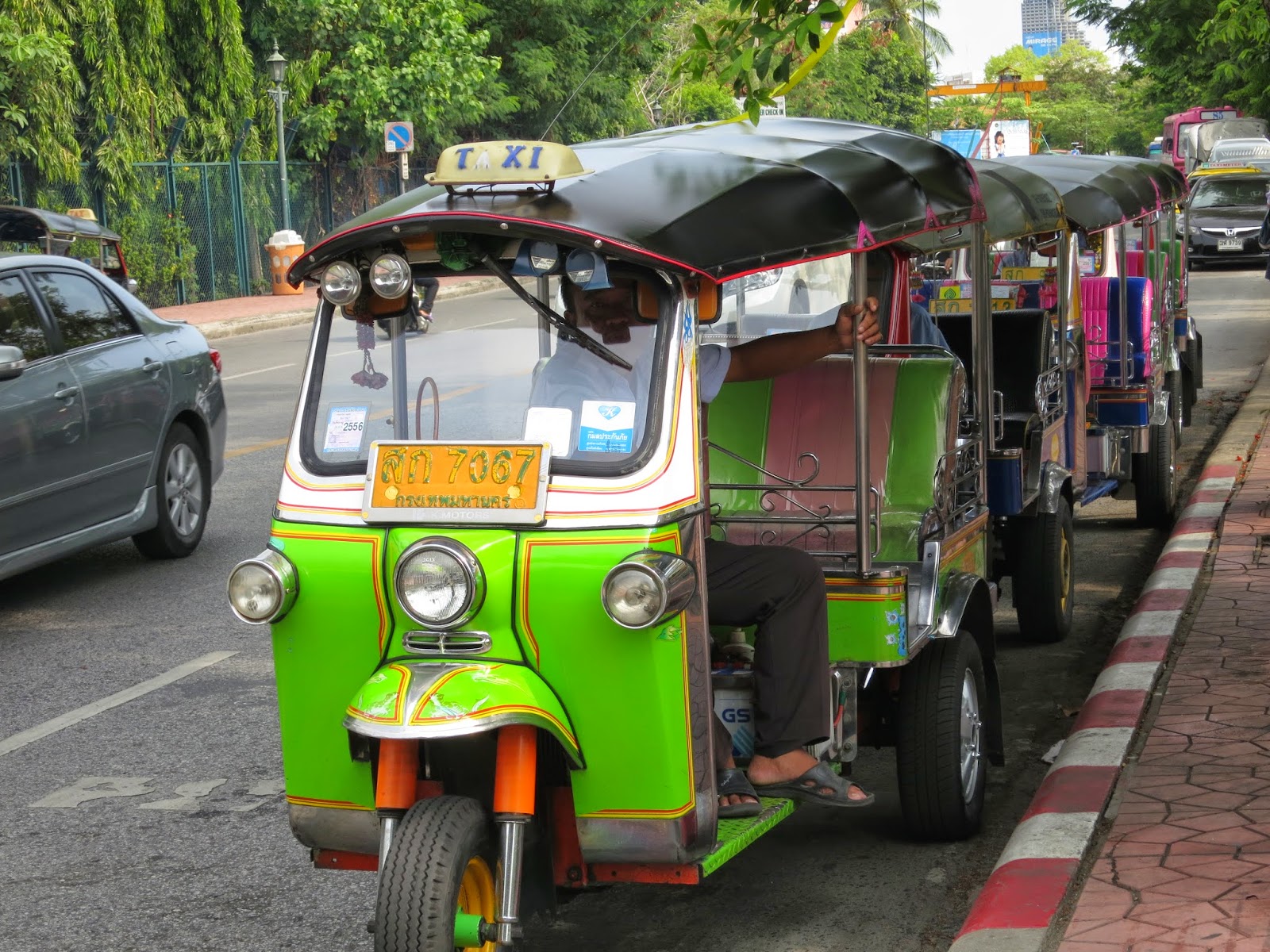My trip to Cuba last year was amazing and I’m so glad that I went when I did.
The announcement that the US has decided to loosen it’s restrictions on travel and commerce to Cuba, is likely to take a bit of time to fully impact the island, but it will soon be a very different place.
I don’t think the recent news will change everything. For example, the standard of living created by the very low average wage, means that many Cubans have to find an alternative income to afford more than basic supplies.
Unfortunately this means some Cubans turn to scamming tourists. So much so that it’s difficult to avoid the common scams during a visit. Please don’t let this put you off going there though, as they are only trying to make a living and often it’s not a lot of money. The reality is that some of these scams also exist in many places elsewhere in the world.
During my trip to Cuba, I was on the receiving end of a number of scams, although fortunately I knew in most cases what was happening.
It’s worth being aware of what to watch out for to avoid a scam. So here are some of the common scams in Cuba, and how to best to avoid them:
1. One Peso confusion
It’s not likely to be a costly scam if you were to be caught by it, but it is simple, effective and quite frustrating.
Cuba has two currencies – the local ‘moneda nacional’ currency often referred to as CUP’s or Pesos, and the ‘tourist’ currency which, as a visitor, the majority of your transactions will be in. The tourist currency is often referred to as CUC’s and sometimes Pesos so this adds to the confusion.
Basically the tourist CUC’s are worth 25 times more than the local CUP’s. If you want to know more about how to distinguish the difference read my post: Cuba tips.
There is of course the risk of using the wrong currency for payment, but only really in a local Peso (CUP) transaction ie. when buying food such as snacks, and the vendor is likely to benefit from receiving the more valuable notes or coins, in error. After all, you would expect someone to tell you if you got it wrong, unless of course it was in their interest not to.
The main thing to watch out for is that the 1 Peso coin in both currencies is in fact the same size and almost identical on one side. Don’t get caught out when using small change and remember it’s 25 times more.
2. Che Guevara coins and notes
These make a great souvenir. And of course the locals know that, and some of them take advantage of this.
I cannot recall how many times I was offered a Che Guevara 3 Peso note for substantially more than its face value. Outside shops, in the streets, and most of all in second hand and tourist markets. The coins as well.
It’s simple, these are only worth 3 CUP’s each and you really shouldn’t pay any more than that. To guarantee not being overcharged just ask for them when changing money. Although it’s worth noting that I asked at every CADECA (money changer) as we travelled round the island with little luck. We did score a load of them in the bank however.
3. Money changer skimming
The use of ATM’s is now possible in most cities, but if you need to change money it’s worth being aware that just about every other money changer will try to scam you by skimming the cash or short changing you.
I got caught out by this at the airport despite counting the money out on the counter. The lady recounted the money and with her clever slight of hand, made sure it was £20 less than I gave her.
Always count out the money onto the counter on your side of the glass and agree it before passing over and do the same with the change you receive.
4. Offers of help
Every so often there is a genuine person just wanting to help you. However, not so much in Cuba.
Basically every offer of help is usually followed with a request for money so keep your wits about you.
People being friendly and asking where you are from often leads to asking how long you have been here. Then comes the suggestion of a place to go, restaurant to eat at or if you know about the festival that is on today.
I’m not suggesting you don’t talk to people if they seem friendly or want to help, just be careful and aware.
We were cornered in a shop when looking for water. Simply being told that the tourist supermarket was next door and then been taken there. All seemed OK until the woman asked for us to buy milk for her baby in return for her help.
For me this is just another attempt at begging, and there is more than enough of that going on.
5. CD’s of the local music
There are many places in Cuba where a live band can be found on every street corner or every other restaurant or bar. Often these musicians will have a pot where you can leave a tip, and they may have someone come round every so often asking for a contribution. I think this is fine if they are good and you are sitting enjoying their music for a little while.
Then there are the bands that go that extra step and offer a souvenir CD of their music. If they’re good, it is tempting to want to take some of this quality music home.
Of course, in reality we all know that the recording is not always going to be as genuine or clear as the real thing you just heard.
Avoid being disappointed by asking them to play the CD first to check the quality. If that isn’t an option then maybe give it a miss.
6. Check your bill
Does your bill add up? If you’re in a group it’s worth checking, and even if you’re not, check anyway. Either Cubans can’t add up or they try to overcharge you with bills that don’t add up. The jury is still out, but avoid any potential scam and check your bill thoroughly.
7. Getting lucky
This is generally more of an issue for guys than girls visiting Cuba. Basically if you think you got lucky and meet the man or woman of your dreams, and they are enjoying having you buy them a drink or two… This isn’t likely to end well.
Not only is a holiday romance unlikely to last beyond your flight home, sadly, a lot of Cubans are looking for a way out of the country or a good time without paying their way. Often they can’t actually afford very much given the average wage being so low, so I don’t really blame them.
I saw quite a few locals latching on to tourists whilst there. Some perfectly innocent, but just be careful. If you don’t mind paying in this way for a good night, it won’t do any harm. If you’re hoping for something more serious, be warned.
Unfortunately the economy and way of life that exists in Cuba has created this way of life for some of the poorer Cubans. It is of course not what you will experience everywhere on the island, and it will depend on whether you venture out of your all inclusive resort.
Don’t let it deter you, just accept it as the way it is and be mindful.
Have you been to Cuba and experienced a scam?
Looking for more stories from Cuba:
